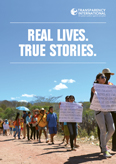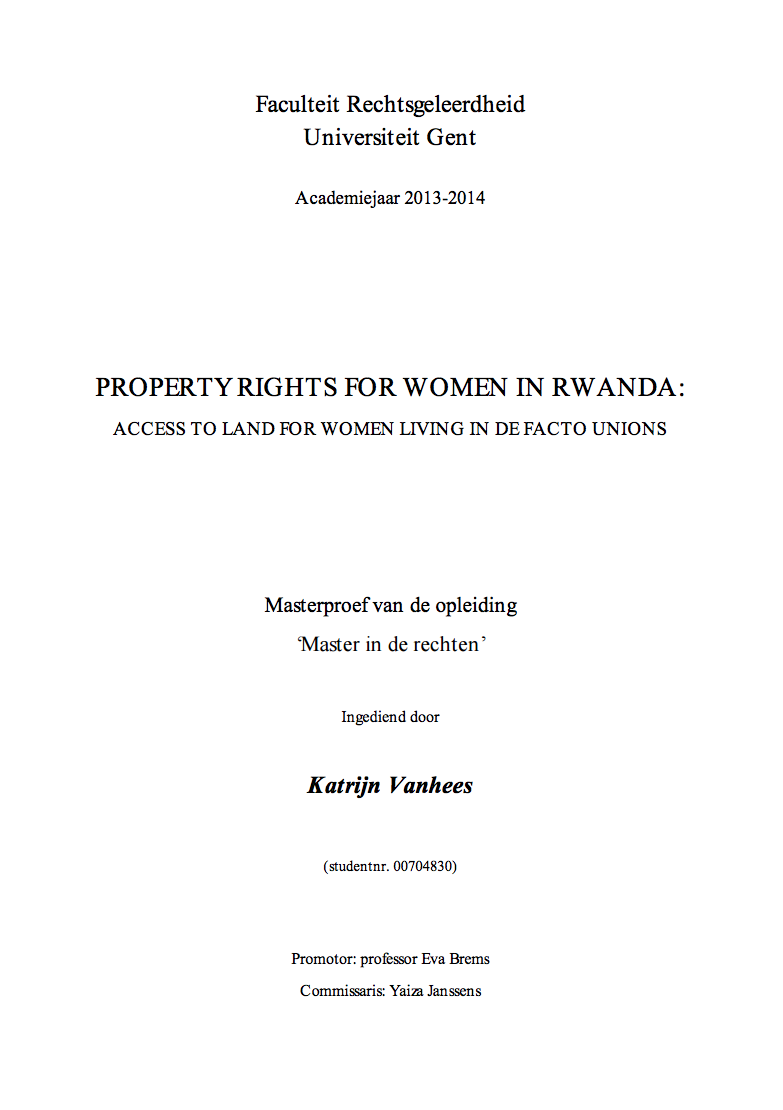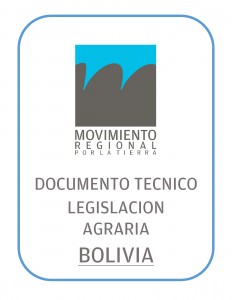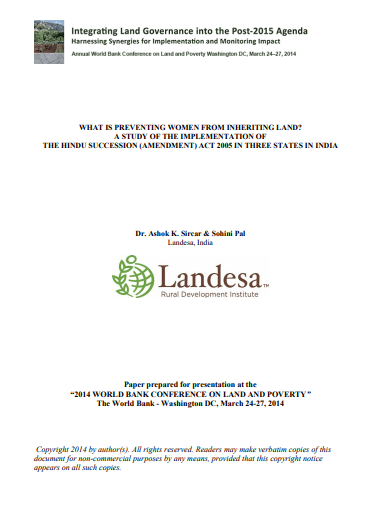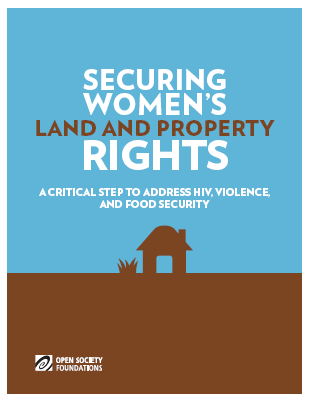REAL LIVES, TRUE STORIES
As many as two in three people worldwide believe that ordinary citizens can make a difference in the fight against corruption. Whether it’s taking on an abusive school system, exposing a crooked driving instructor or blocking the re-election of a corrupt mayor, these individuals are demonstrating their power to bring about lasting change in their communities.

